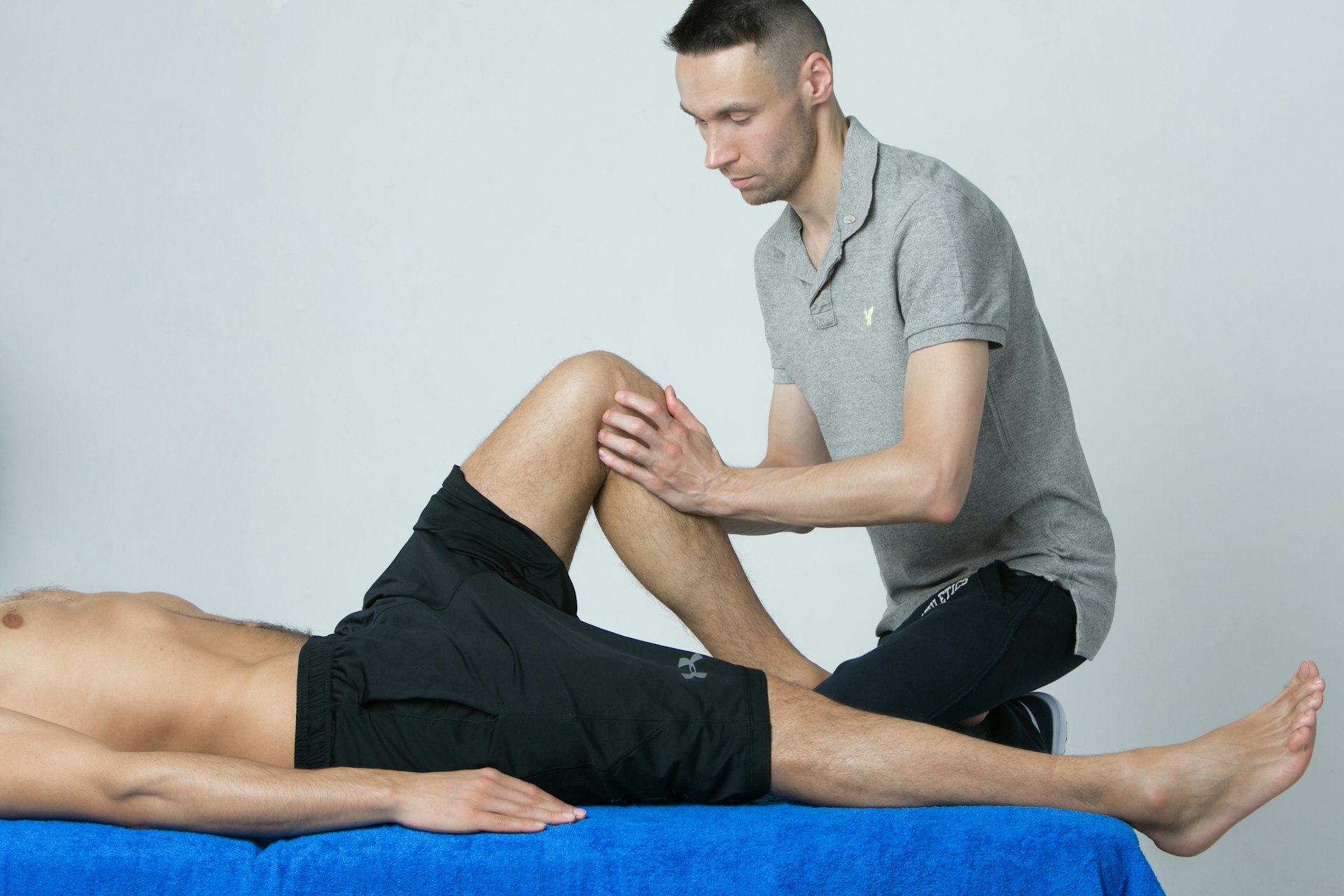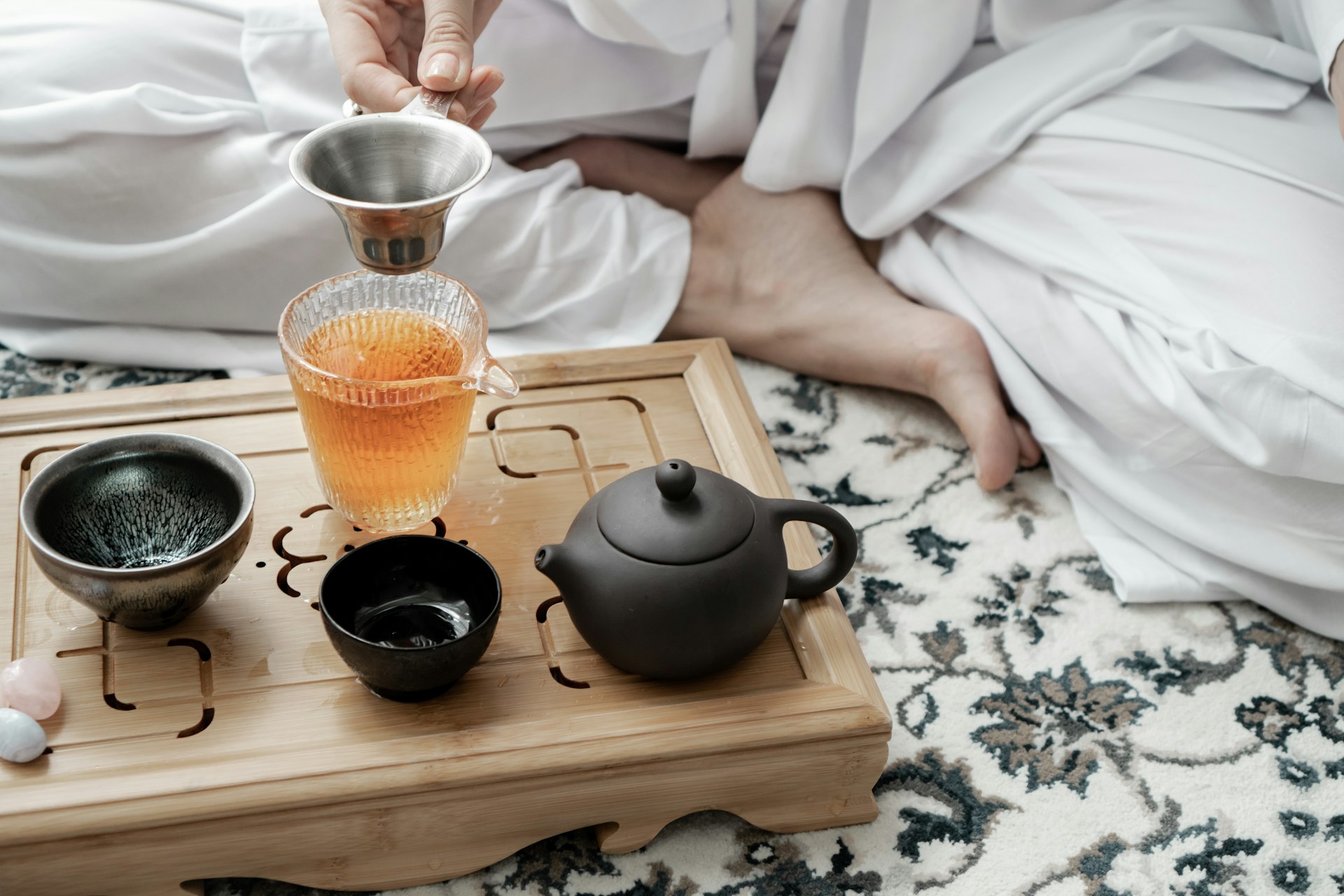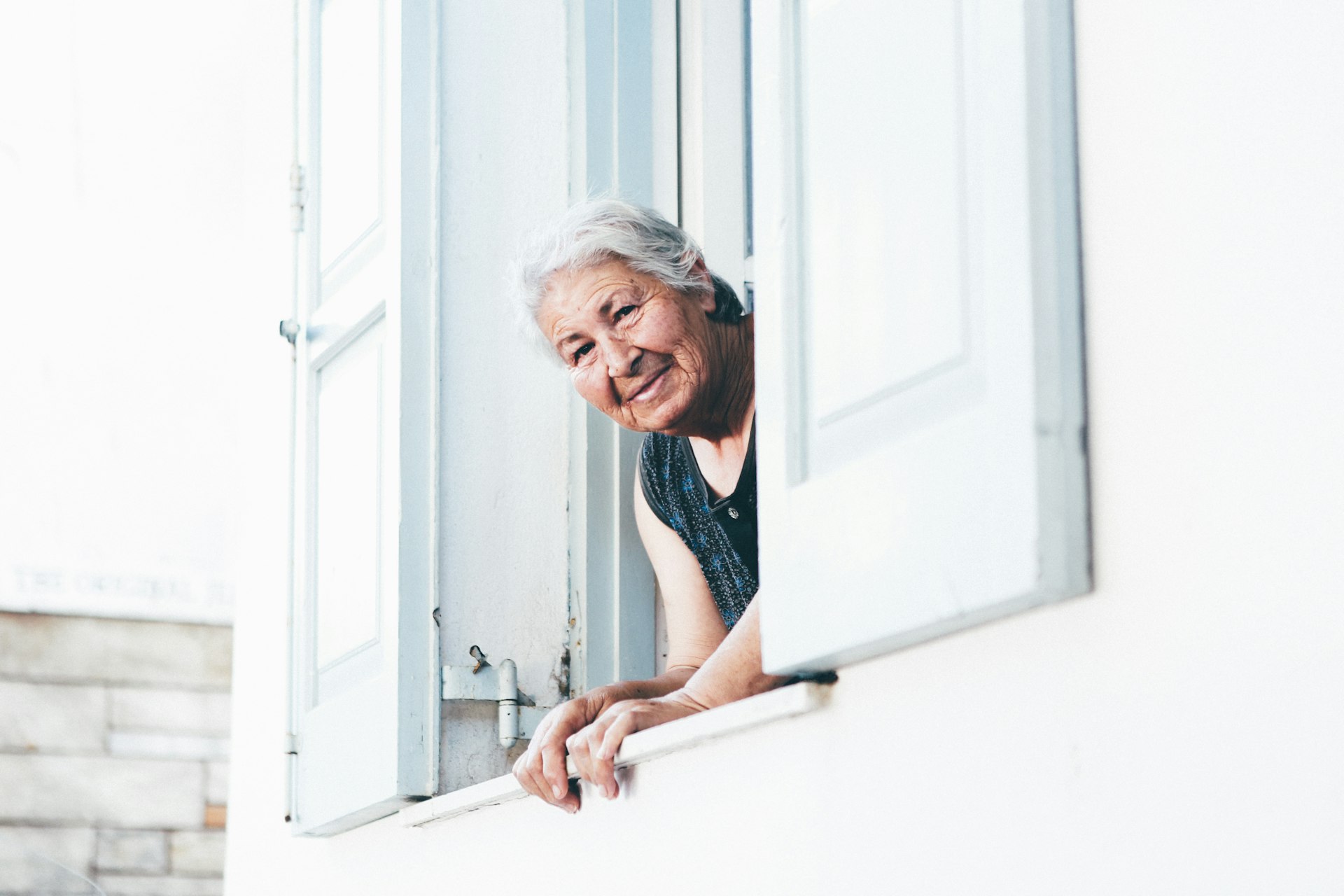Proven Lifestyle Habits for Healthy Aging and Lasting Longevity

Photo by Raja V on Unsplash
Understanding the Foundations of Healthy Longevity
Healthy aging is increasingly recognized as the result of a complex interplay between genetics, environment, and-most importantly-lifestyle habits. While the pace of aging cannot be halted, a growing body of research confirms that specific daily habits can substantially impact both the quality and length of your life. Rather than focusing solely on extending years, the goal is to ensure those years are lived with vitality, independence, and freedom from chronic disease. Recent studies have identified a set of habits that, when practiced consistently, are linked to longer, healthier lives across diverse populations [1] [3] .
1. Prioritizing a Nutritious, Balanced Diet
A high-quality diet forms the cornerstone of longevity. Research from Harvard and global studies highlights that diets rich in fruits, vegetables, whole grains, nuts, and healthy fats are associated with lower risk of chronic diseases and longer lifespans. The Mediterranean and DASH diets are often cited as models, focusing on plant-based foods, lean proteins, and minimal processed sugars or red meats. Experts recommend:
- Filling half your plate with colorful vegetables and fruits at every meal
- Choosing whole grains instead of refined grains
- Incorporating healthy fats from nuts, seeds, avocados, and olive oil
- Limiting red and processed meats in favor of fish, poultry, or plant proteins
For practical meal planning, you can consult resources like the Harvard T.H. Chan School of Public Health’s Nutrition Source, which offers evidence-based dietary guidance [1] . Consider speaking with a registered dietitian for personalized recommendations, especially if you have specific health conditions.
2. Maintaining Regular Physical Activity
Physical activity consistently emerges as a critical factor for both longevity and health span. Studies indicate that at least 30 minutes per day of moderate to vigorous activity-such as brisk walking, cycling, swimming, or dancing-can significantly lower the risk of heart disease, diabetes, and certain cancers, while also supporting mental health and cognitive function [1] [2] . To incorporate more movement in your day:
- Schedule daily walks or active breaks, even in short intervals
- Join community fitness classes suitable for your age and ability
- Use wearable fitness trackers to set and monitor goals
- Explore low-impact activities like yoga, tai chi, or water aerobics for joint health
Overcoming barriers such as lack of time or physical limitations may require creative solutions-such as chair exercises or partnering with friends for accountability. Your local community center or Area Agency on Aging may offer programs tailored for older adults.
3. Achieving and Maintaining a Healthy Weight
Maintaining a healthy weight, defined as a body mass index (BMI) between 18.5 and 24.9, is linked to reduced risk of chronic disease and longer, healthier life expectancy. Excess body weight increases the risk of conditions such as cardiovascular disease, diabetes, and certain cancers. Sustainable strategies include:
- Focusing on portion control and mindful eating
- Balancing calorie intake with daily energy expenditure
- Tracking progress with regular check-ins or professional guidance
If you need support, consider contacting your primary care provider or a certified health coach to develop a safe, personalized plan. Many health insurance plans offer preventive care services at no additional cost.
4. Avoiding Tobacco and Limiting Alcohol
Not smoking is one of the most significant choices you can make for longevity and healthy aging. Smoking remains a leading cause of preventable illness and death. If you currently smoke, quitting-even later in life-can dramatically lower your disease risk and improve well-being [3] . For quitting support:
- Contact your healthcare provider for cessation resources
- Many states offer free quitlines and counseling-search for “state quitline” for local options
- Explore evidence-based mobile apps and support groups
Moderate alcohol intake is associated with lower risk of certain diseases, but excess consumption can increase the risk of liver disease, cancer, and accidents. Generally, moderation is defined as up to one drink per day for women and up to two for men [1] . If you are concerned about alcohol use, consult your healthcare provider or seek support from local addiction services.
5. Building Social Connections and Mental Resilience
Strong social ties and active community engagement are consistently associated with healthier aging and reduced risk of cognitive decline. Loneliness and social isolation have been linked to increased risks of depression, heart disease, and mortality. To foster connections:
- Join local clubs, volunteer organizations, or faith communities
- Stay in regular contact with friends and family, by phone or in person
- Consider intergenerational activities, which benefit both older and younger participants
- If mobility is a challenge, explore virtual groups or phone-based support networks
Mental resilience, including the ability to adapt to life’s changes and stressors, is supported by practices like mindfulness, gratitude journaling, and seeking help when needed. If you experience persistent sadness or loss of interest, reach out to a mental health professional. The National Institute on Aging recommends engaging in cognitively stimulating activities such as puzzles, reading, or learning new skills.
6. Getting Regular Health Screenings and Preventive Care
Longevity is closely tied to the prevention and early detection of disease. Regular check-ups, screenings (such as blood pressure, cholesterol, diabetes, and cancer screenings), and immunizations are essential. Many preventive services are covered by Medicare and most private insurers. To stay proactive:
- Schedule annual wellness visits with your primary healthcare provider
- Discuss age-appropriate screenings and vaccines
- Keep a personal health record for tracking appointments and test results
If you are unsure what screenings are appropriate, ask your provider or visit the Centers for Disease Control and Prevention (CDC) website for official guidelines on preventive care for older adults.

Photo by Lê Tân on Unsplash
7. Making Sustainable Changes: Overcoming Challenges and Alternative Paths
Implementing healthy habits is a lifelong process and often requires overcoming obstacles such as time constraints, physical limitations, or ingrained routines. To build lasting change:
- Set realistic, specific goals (e.g., “Walk 15 minutes after lunch three days a week”)
- Track your progress and celebrate small victories
- Seek support from friends, family, or community groups
- Consider alternative approaches, such as home-based fitness programs or meal delivery services if access is limited
Remember that setbacks are normal-what matters is consistency over time. Many community centers, Area Agencies on Aging, and nonprofit organizations offer resources and classes for wellness, nutrition, and social engagement. For those interested in further research, searching for “healthy aging programs” or contacting your local public health department can reveal additional opportunities.
Key Takeaways
Adopting evidence-based lifestyle habits-such as eating a balanced diet, exercising regularly, maintaining a healthy weight, avoiding tobacco, moderating alcohol, staying socially connected, and receiving preventive care-can not only extend your lifespan but, more importantly, add healthy, fulfilling years. While no single habit guarantees longevity, the combined effect of multiple positive changes is substantial. Even if you begin later in life, research shows that it is never too late to benefit from healthier habits [3] . For personalized guidance, consult with your healthcare provider, and explore reputable resources such as the CDC, National Institute on Aging, and Harvard T.H. Chan School of Public Health for the most current recommendations.
References
MORE FROM hotondeals.com













